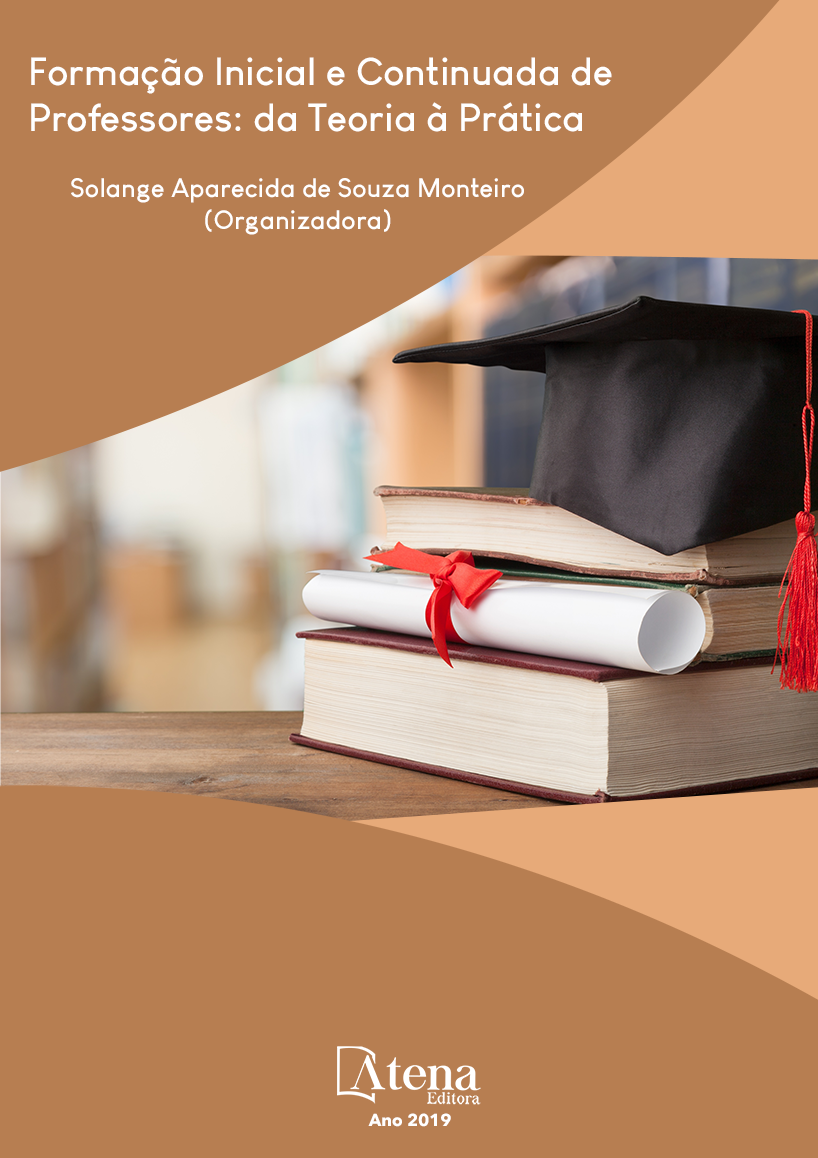
REFORMA DO ENSINO MÉDIO: A LEI 11.645/08 E A RESILIÊNCIA DO FEMININO NA LITERATURA
As mudanças educacionais
promovidas pela reforma do Ensino Médio são
nosso objeto de reflexão, principalmente no
que tange a obrigatoriedade da Lei 11.645/08,
no que diz respeito ao ensino das culturas
afro-brasileira, africanas e indígenas, e a
inserção de estudos sobre os protagonismos
femininos. A perspectiva é pensar as relações
culturais a partir dos conceitos de colonialidade,
interculturalidade, multiculturalismo, a fim
de compreender a relevância da citada Lei
e o que representa sua não aplicabilidade.
Apontamos o estudo das literaturas produzidas
pelas diferentes culturas no Brasil, como
condições necessárias para a valorização
de epistemologias diferentes, na busca por
igualdade e equidade de tratamento no interior
da escola, considerando a diversidade cultural.
Pensar nesse tipo de contexto possibilita análise
de aspectos relacionados ao silenciamento dos
escravizados e seus descendentes, assim como
o percurso das mulheres negras que saem
dos porões dos navios e emergem à condição
de visibilidade pela cultura e conquistam a
emancipação por meio da escrita Questões
que perpassam também a leitura dos textos de
escritores indígenas, que compõem os estudos
sobre as literaturas do Sul, invisíveis ao
grande público. Relacionar as questões acima
destacadas é ir buscar novas reflexões, acerca
da presença de uma ausência preocupada
em reconstruir-se a partir de um eu, o outro.
Reiterar-se do poder de resgate da memória do
outro através da escrita, olhando a paisagem, e
o espaço do outro recorrendo a ela própria.
REFORMA DO ENSINO MÉDIO: A LEI 11.645/08 E A RESILIÊNCIA DO FEMININO NA LITERATURA
-
DOI: 10.22533/at.ed.44119191227
-
Palavras-chave: Afrodescendência. Colonialidade. Literatura indígena. Mulher.
-
Keywords: Afrodescendence. Coloniality. Indigenous literature. Woman
-
Abstract:
The educational changes were
promoted by the reform of high school are
our object of reflection, mainly regarding
the mandatory´s law 11.645/08, with regard
to teaching of Afro-Brazilian, African and
Indigenous cultures and the insertion of studies
of female roles. The perspective is to think
about the cultural relations from the concepts
of coloniality, interculturality, multiculturalism,
in order to understand the relevance of the mentioned law and what it represents its non- applicability. We point out the study of
the literatures were produced by different cultures in Brazil, as necessary conditions
for the appreciation of different epistemologies, in the search for equality and equity
of treatment inside of the school, considering the Cultural diversity. Thinking about
this type of context enables analysis of aspects are related to the silent of enslaved
people and their descendants, as well as the path of black women who leave the
basements of ships and they emerge to the condition of visibility by culture and they
conquer the emancipation through writing. Issues that also permeate the reading of
the texts of indigenous writers, which compose the studies on the South´s literatures,
invisible to the general public. Relating the issues are highlighted above it is to seek
new reflections about the presence of an absence is worried about rebuilding itself
from an I, the other. Reiterating itself of the power´s rescue of the memory of the other
through writing, looking at the landscape, and the space of the other, resorting to itself.
-
Número de páginas: 19
- Leoné Astride Barzotto
- Dejair Dionisio
- Danieli Conrado
- Ana Claudia Duarte Mendes


